One of the healthiest ways to cook at home is to use plenty of plant-based whole foods like vegetables, fruits, nuts and seeds, according to research. But let’s face it, it’s not always possible for many of us to eat nutrient-dense meals every day. In 2021, a OnePoll survey found that nearly 45 percent of Americans feel they are too busy to cook. If you don’t always get enough whole foods in your diet, another option is to take a whole food-based vitamin. As the name suggests, these are vitamin capsules that contain ingredients derived from real fruits and vegetables instead of synthetics. Want to know more? We got you. But remember: these are not excuses to stop eating fruits and vegetables!
What are whole food vitamins?
Simply put, whole food vitamins are dietary supplements made from concentrated vitamin-rich whole foods such as fruits, vegetables, and whole grains. It can be in place of or in combination with synthetic ingredients, which are often made in a laboratory. So, if you prefer your vitamins to be completely plant-based, it’s always worth researching the brand and checking the label before buying. “Supplements that list nutrients separately, such as vitamin C, or use chemical names like ascorbic acid, are almost certainly synthetic,” notes Mary Jane Brown, Ph.D. Healthline.
Are whole food vitamins safe?
Before you make any changes to your diet, or start taking a new vitamin, it’s always best to consult your healthcare professional first, especially if you’re pregnant, breastfeeding or suffering from nutritional deficiencies. And it’s important to remember that taking vitamins isn’t an overnight fix for a bad diet. “Smart lifestyle choices are the best guarantee of your future health,” Raul Ceballos, MD, says Cleveland Clinic.
But that said, vitamins, whether they’re synthetic or whole food-based, are generally safe for most people to consume. And some research suggests that whole-food alternatives may be better, because they’re easier for the body to absorb. “Vitamins from whole foods can be more bioavailable, meaning your body can recognize and use them right away,” says Cara Collier, RDN, LDN, CNSC. Livestrong. That said, they tend to have a lower concentration of vitamins, so, again, it’s important to consider this as a supplement to your diet rather than a vegetable replacement.
Where to buy vegan whole food vitamins
If you want to start taking whole food vitamins, there are a few brands on the market that offer a variety of options. To help you decide which one is best for you, we’ve compiled this list of seven different brands to check out—in no particular order.
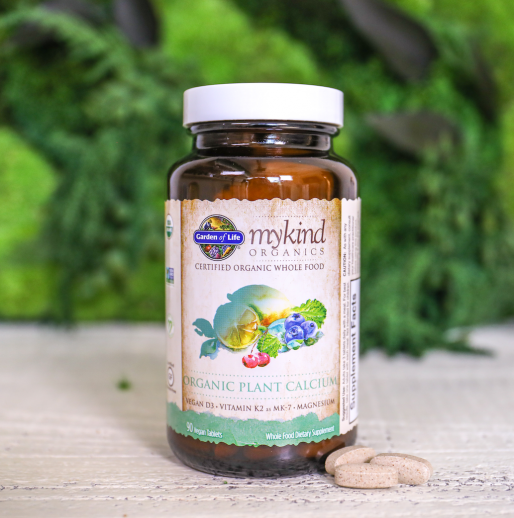 Natural Dispensary
Natural Dispensary
1 Mykind Organic Plant Calcium
Founded by vegan advocate and actor Alika Silverstone, MyKind Organics’ organic, plant-based supplements are produced through the popular whole-food supplement brand Garden of Life. The line has plenty of whole food-based choices, but if you’re looking to supplement with calcium, this formula is designed to support bone health and contains calcium from 20 different powdered fruits and vegetables, including algae, broccoli, carrots, tomatoes, and more. vegetables
Learn more
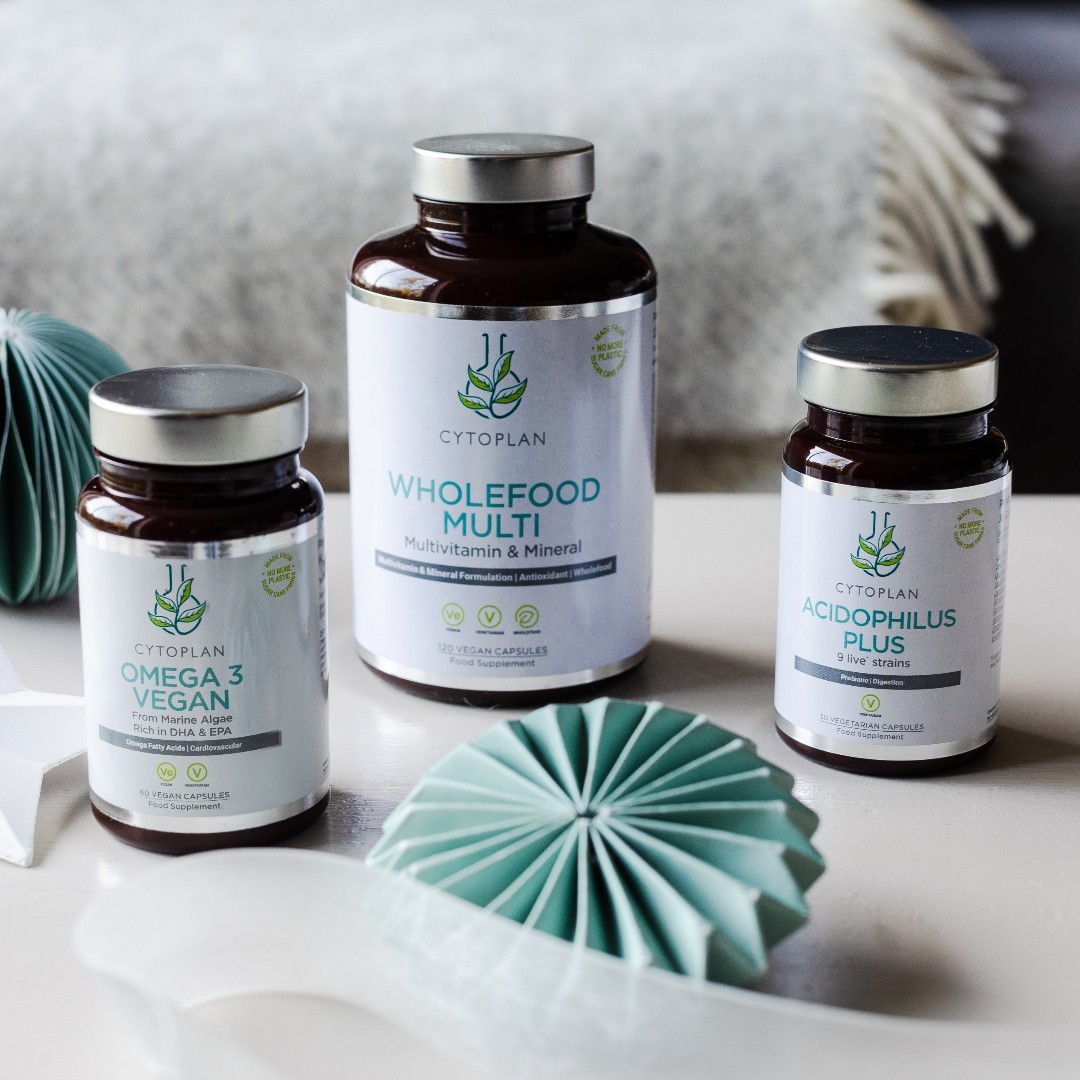 Cytoplan/Instagram
Cytoplan/Instagram
2 Cytoplan Wholefood Multi
British brand Cytoplan is on a mission to help close the “nutrition gap” in the UK by providing high quality, well-formulated supplements. Designed for men and postmenopausal women, its wholefood multi contains 120 vegan capsules packed with vitamins and minerals from Brassica oleracea (a plant species related to cabbage and broccoli), as well as carrots, artichoke leaves, beetroot and more.
Learn more
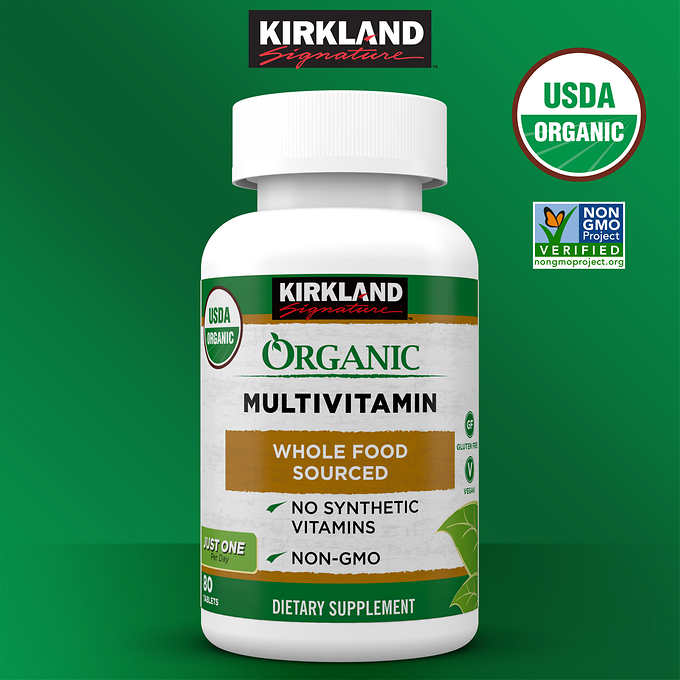 Kirkland signature
Kirkland signature
3 Kirkland Signature Organic Multivitamin
Available at Costco, Kirkland Signature has a variety of supplements and vitamins. Not all of them are vegan (see: cod liver oil), but they also offer a plant-based, organic multivitamin, with no synthetic ingredients. It is gluten-free, non-GMO and certified by the USDA.
Learn more
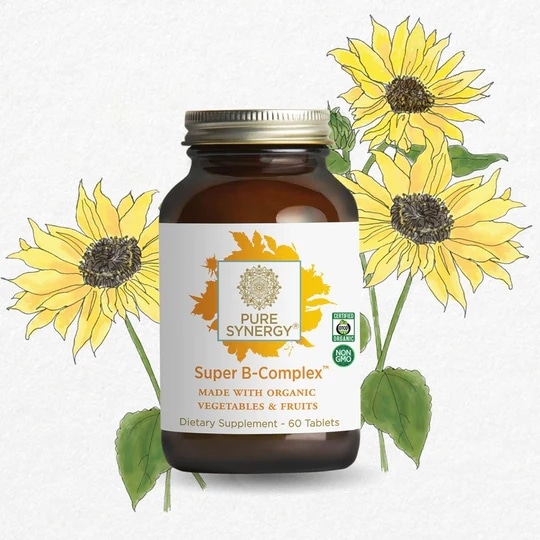 Pure synergy
Pure synergy
4 Pure Synergy Super B-Complex
Designed to be taken daily, this vitamin is a source of thiamin, riboflavin, niacin, biotin, folate, B6 and B12, notes Pure Synergy, a popular supplement brand based in Utah. Its organic ingredients list includes choline, barley grass, soy and vitamin B5, which is made “through a special fermentation process using organic vegetables, fruits and other natural food sources”.
Learn more
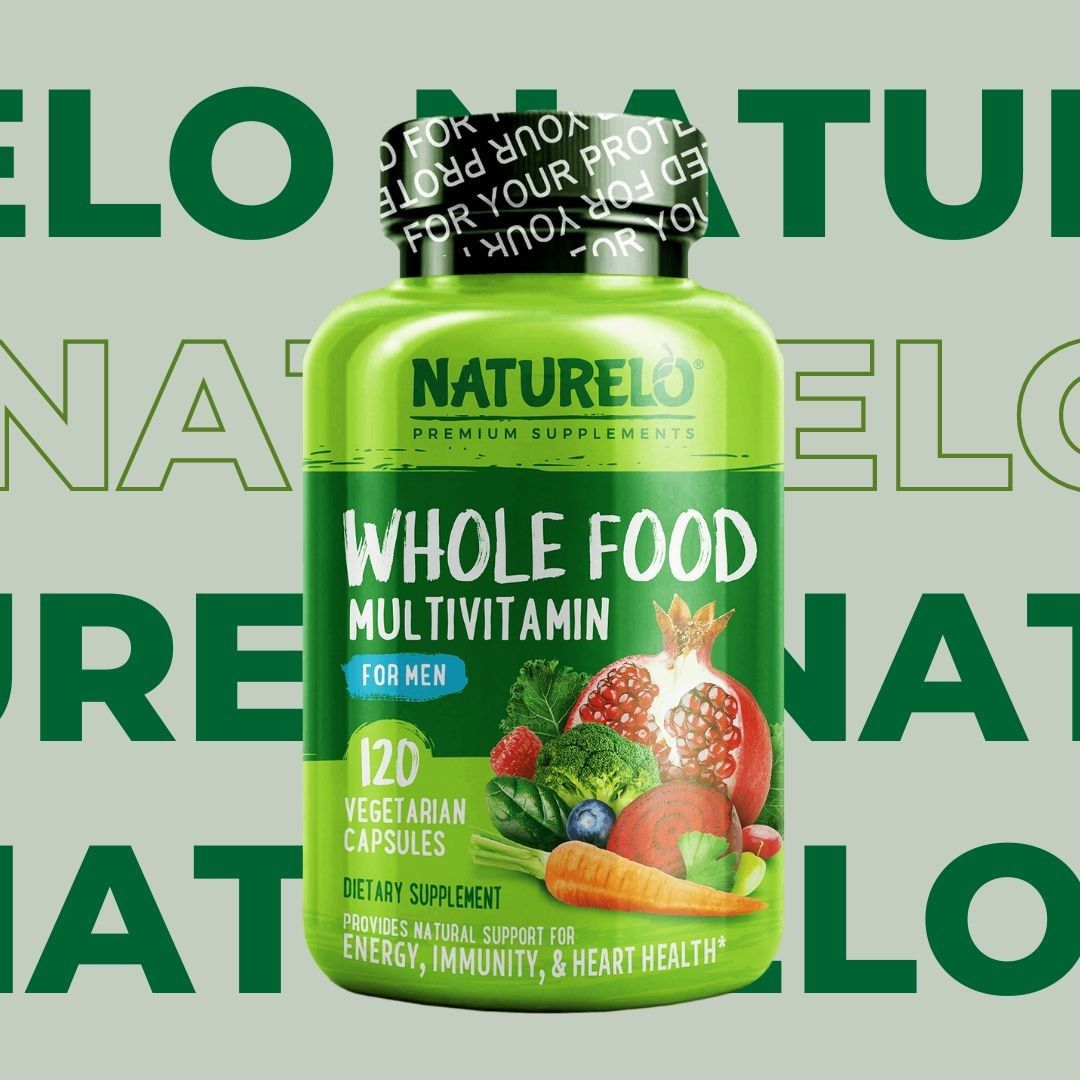 Naturalo/Instagram
Naturalo/Instagram
5 Naturelo One Daily Multivitamin
All of Naturelo’s vitamins contain whole food ingredients, so there are plenty of options to choose from. However, designed to be taken by women, this One Daily Multivitamin is a decent all-round option. It contains vitamin D3 from wild plant lichen, as well as iodine from kelp and vitamin E from sunflower.
Learn more
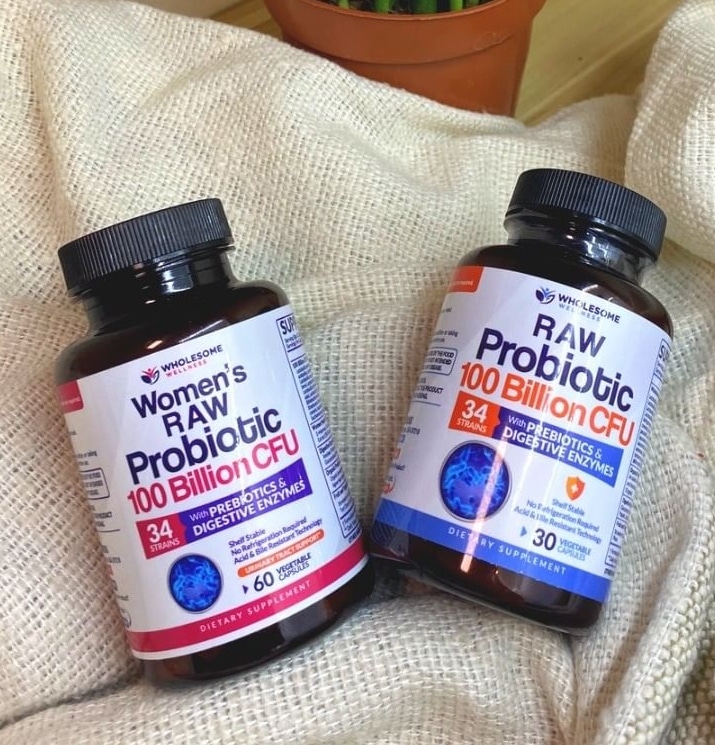 Healthy Wellness/Instagram
Healthy Wellness/Instagram
6 Healthy Wellness Raw Probiotics
Probiotics and prebiotics are an important part of maintaining good gut health (and you can read more about that here). There are a variety of vegan supplement choices on the market, but if you’re looking for an option made with whole food ingredients, these capsules from Wholesome Wellness contain probiotic strains from organically grown produce.
Learn more
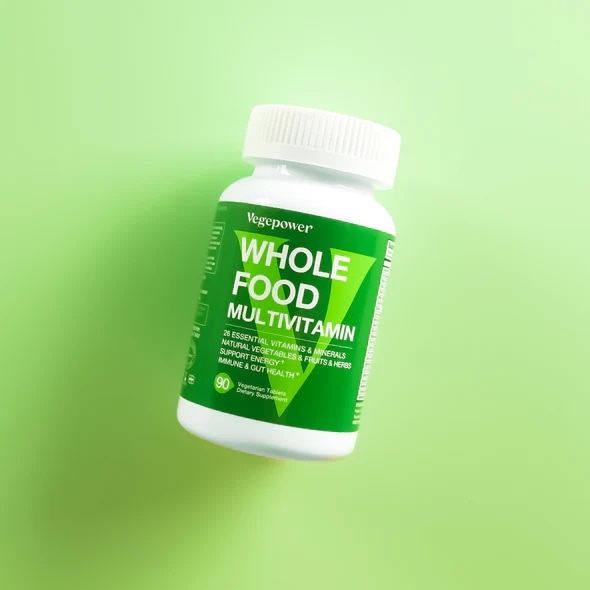 Vegepower
Vegepower
7 Vegpower Wholefoods Multivitamin
Although this multivitamin from VegPower contains some artificial ingredients, it’s made with a rich blend of whole foods, including herbs like echinacea, mushrooms like shiitake, and vegetables like carrots and cauliflower. According to the brand, all these natural ingredients work together to give you a blend of 26 essential vitamins and minerals. Plus, the formula is free of the top 14 allergens and also boasts a nut-free facility.
Learn more
To learn more about vegan vitamins, read:
Here at VegNews, we live and breathe the vegan lifestyle, and only recommend products that we believe make our lives amazing. Occasionally, articles may contain shopping links where we may receive a small commission. This in no way affects the editorial integrity of VegNews.


